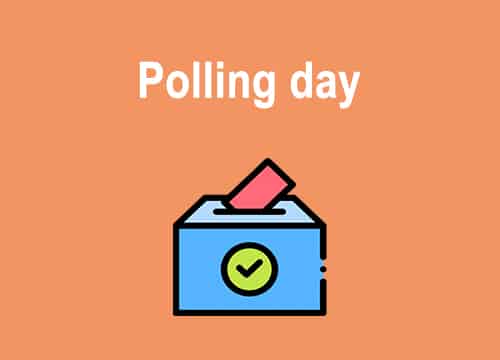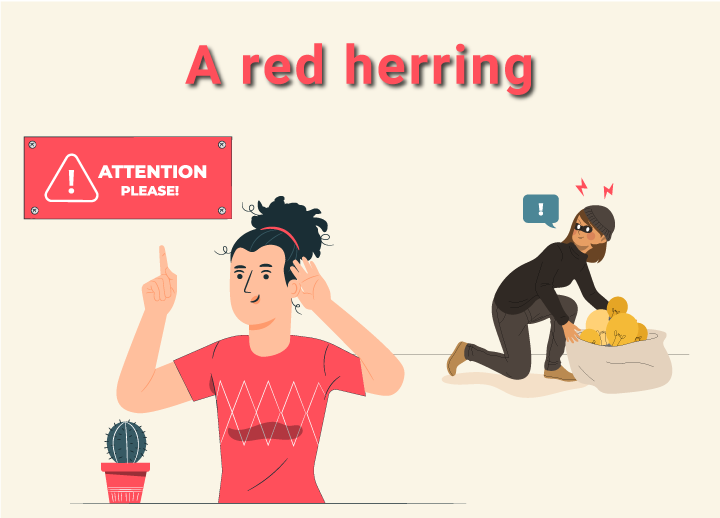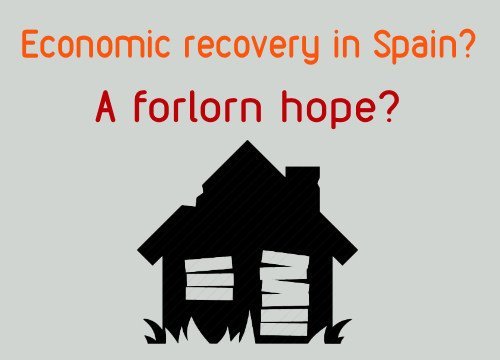The 26th of May is “polling day” for the European Parliament. Polling day (día de las elecciones) is the day people vote in elections. So, there is a poll (votación) in the European Union on that day.
People “go to the polls” (acudir a las urnas), which means they go and vote in an election. They mark their preferences in a “polling booth” (cabina electoral) which is located in a “polling station” (centro electoral).
“Poll” is also a verb. Here are two examples:
- The communists polled badly in the Spanish election (…obtuvieron pocos votos).
- The Brexit party expects to poll well (…espera obtener muchos votos…) in the European Parliamentary elections.
Finally, a person who checks (via surveys) voting intentions is a “pollster” (encuestador).











